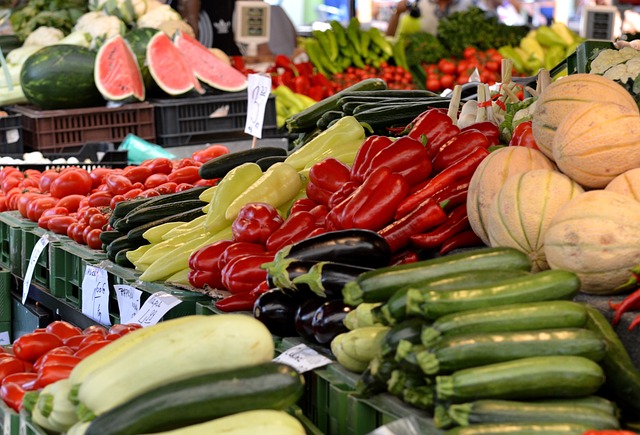Yard waste, a significant environmental concern, includes organic materials like grass clippings and plant debris that contribute to landfill overcrowding and methane emissions. Effective solutions involve composting for soil amendments and recycling materials like wood chips and mulch for landscaping. These strategies promote environmental sustainability, resource management, and foster a circular economy by reducing waste sent to landfills. Eco-friendly practices such as composting, using clippings as mulch, recycling tools, and embracing native plants significantly decrease environmental impact, enhance soil health, and create vibrant outdoor spaces. Proper yard waste removal and recycling methods, including dedicated programs for compostable materials, divert waste from landfills and contribute to a more sustainable future.
“In today’s eco-conscious world, understanding and reducing organic yard waste is more than just a trend—it’s a significant step towards a greener future. This article explores effective strategies to minimize, manage, and recycle yard waste, focusing on its environmental impact.
We’ll delve into the practical steps you can take to transform your yard into a sustainable oasis. From identifying problematic areas to adopting simple yet powerful techniques, these methods will empower you to contribute to a more sustainable environment while enhancing your outdoor space.”
- Understanding Yard Waste: Its Impact and Importance of Reduction
- Practical Strategies for Organic Waste Minimization in Your Yard
- Effective Disposal and Recycling Methods for Yard Waste Materials
Understanding Yard Waste: Its Impact and Importance of Reduction

Yard waste, a term often overlooked, encompasses a significant portion of organic materials generated from residential and commercial properties. This includes items like grass clippings, leaves, branches, and plant debris. While it may seem harmless in small amounts, accumulating yard waste poses environmental challenges. When not properly managed, it contributes to landfill overcrowding, as organic material decomposition releases methane, a potent greenhouse gas.
Reducing yard waste is crucial for both environmental sustainability and efficient resource management. Simple strategies such as composting, where organic materials are transformed into nutrient-rich soil amendments, can significantly decrease the volume of waste sent to landfills. Additionally, proper recycling practices ensure that reusable components of yard waste, like wood chips and mulch, find new life in landscaping and gardening applications, fostering a circular economy.
Practical Strategies for Organic Waste Minimization in Your Yard

Minimizing organic waste in your yard is an eco-friendly practice that contributes to a greener environment. A simple yet effective strategy is composting, which turns kitchen scraps and yard trimmings into nutrient-rich soil amendment. This reduces the amount of waste sent to landfills and provides a natural boost for your garden. Start by gathering suitable materials, such as fruit and vegetable peels, coffee grounds, and dry leaves, then choose a composting method that suits your space – from tumbler bins to traditional pile systems.
Another practical approach is to embrace a zero-waste yard aesthetic. Instead of discarding clippings, consider using them as mulch to retain soil moisture and suppress weeds. Additionally, recycling old garden tools and repurposing containers for new functions not only cuts down on waste but also fosters creativity. Encourage native plants and reduce reliance on non-biodegradable pesticides and fertilizers, opting for natural alternatives instead. These practices, combined with proper yard waste removal and recycling, can significantly decrease your environmental footprint while maintaining a vibrant outdoor space.
Effective Disposal and Recycling Methods for Yard Waste Materials

Effective disposal and recycling methods for yard waste materials play a crucial role in organic waste reduction strategies. Instead of sending grass clippings, leaves, and pruning to landfills, where they contribute to greenhouse gas emissions, individuals can employ several eco-friendly practices. Composting is one of the most popular and effective solutions, transforming yard waste into nutrient-rich soil amendments that enhance garden health. Another strategy is recycling through dedicated programs, which collect and process materials like wood chips and shredded paper into new products, reducing the demand for virgin resources.
Yard waste removal and recycling not only divert materials from landfills but also contribute to a more sustainable and circular economy. Many communities offer collection services or have drop-off centers for compostable materials, making it easier for residents to participate. By adopting these practices, folks can play a vital role in minimizing their environmental impact while fostering a healthier local ecosystem.
By implementing practical strategies outlined in this article, individuals can significantly contribute to reducing organic yard waste. Through proper disposal and recycling methods, such as composting and repurposing, we not only minimize environmental impact but also foster a more sustainable lifestyle. Adopting these practices is key to effective yard waste removal and recycling, ensuring a greener future for our communities.






